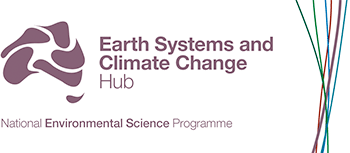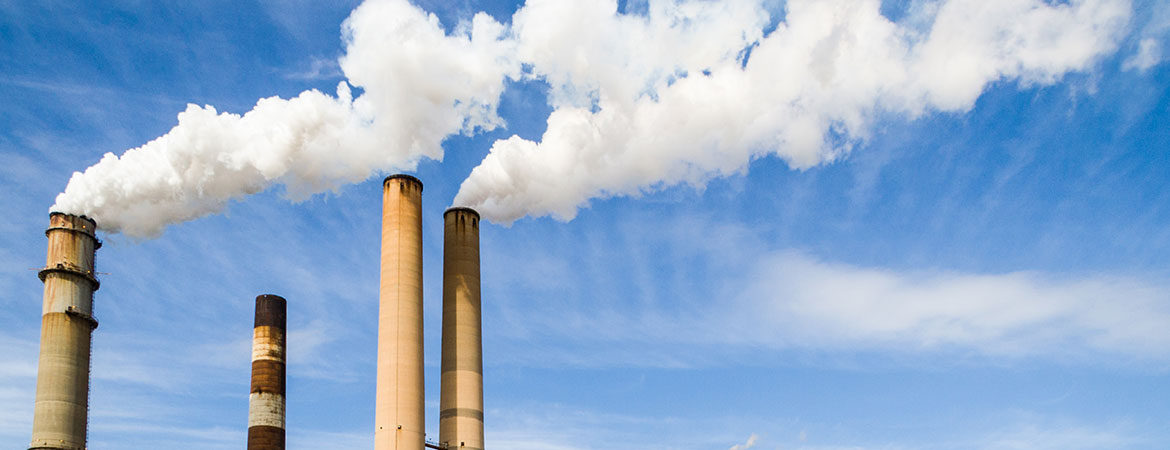21 November 2017, 2.30–3.30 pm (AEDT)
Overview
At this year’s UN Climate Change Conference (COP23) in Bonn, Germany, nations of the world met to progress implementation of the historic Paris Agreement that seeks to keep global temperature rise due to climate change below 2°C.
Keeping global temperature rise below the Paris target will require substantial and sustained reductions in greenhouse gas emissions, as the degree of human-driven climate change is largely determined by the global carbon budget: the long-term redistribution of carbon among fossil fuel reserves, the atmosphere, oceans and land. It is critical that governments have the latest global carbon budget information to inform their mitigation efforts.
To this end, an international research effort driven by the Global Carbon Project prepares an annual global carbon budget to provide an update of global carbon sinks and sources.
In this webinar, Dr Pep Canadell outlines the four key trends in the 2017 Global Carbon Budget:
- The apparent stabilisation in the growth of fossil fuel emissions and the likely emissions decline from land use change, with a sting in the tail.
- The continued growth in atmospheric carbon dioxide, with recent record growth.
- The growth in the land and ocean sinks in response to the accumulating atmospheric carbon dioxide.
- The growth of the global methane concentrations after a long period of stability.
Some countries have shown a consistent declining emissions trend over the past 10 years, illustrating the feasibility of accelerated decarbonisation pathways. Emerging economies, particularly China, show variable new trends of great importance to the global totals and their consistency with the low carbon pathways of the Paris Climate Agreement. A major tug-of-war is emerging between the continued increase of emissions from some fossil fuel sources and the rapidly expanding low carbon energies.
Watch the webinar
About the presenter
Dr Pep Canadell is a senior principal research scientist in the CSIRO Climate Research Centre and executive director of the Global Carbon Project, a global network of scientists who study the human impact on the carbon cycle and associated changes in the climate system. He leads the ESCC Hub’s Project 2.9, Risk assessment of future carbon sources and sinks, which supports Australia’s involvement in the Global Carbon Project. Pep works with collaborators around the world to develop global and regional budgets of the main greenhouse gases including carbon dioxide, methane and nitrous oxide. He also studies the size and vulnerability of Earth’s carbon pools, carbon–climate feedbacks, and pathways to decarbonisation to stabilise the climate. A focus of Pep’s work is using science to answer questions of policy relevance.

